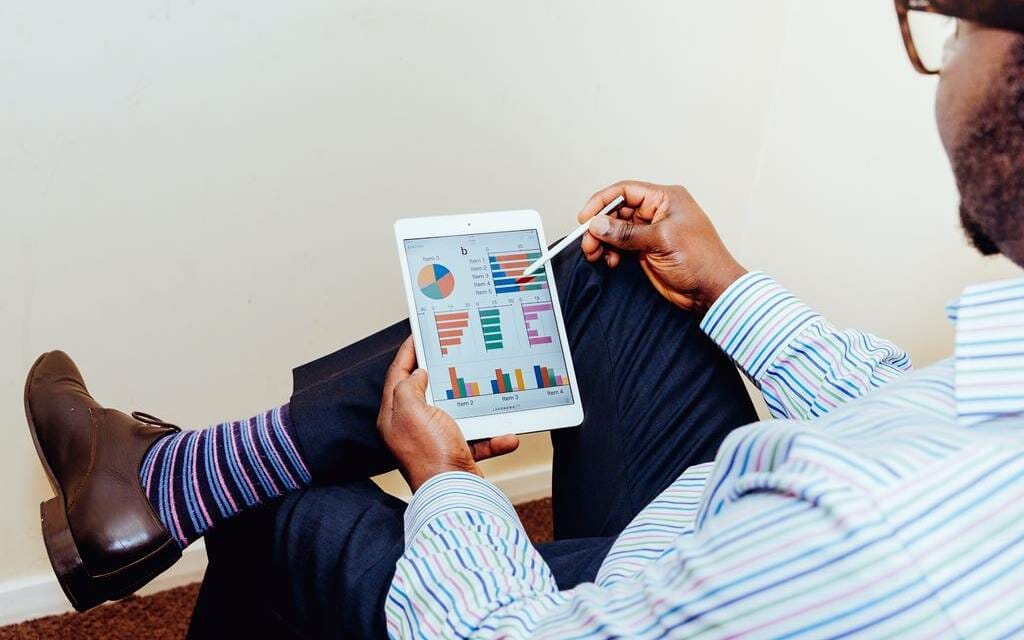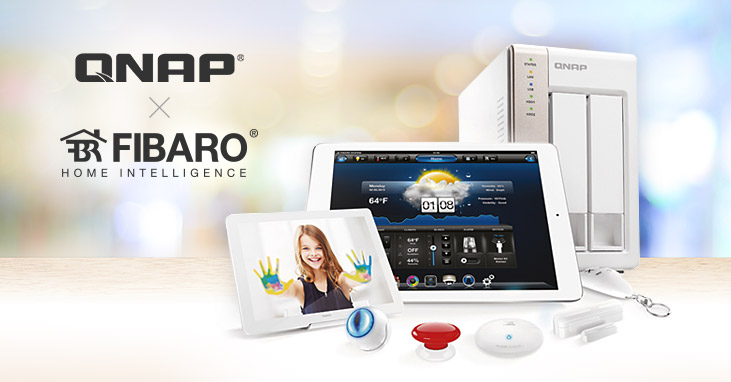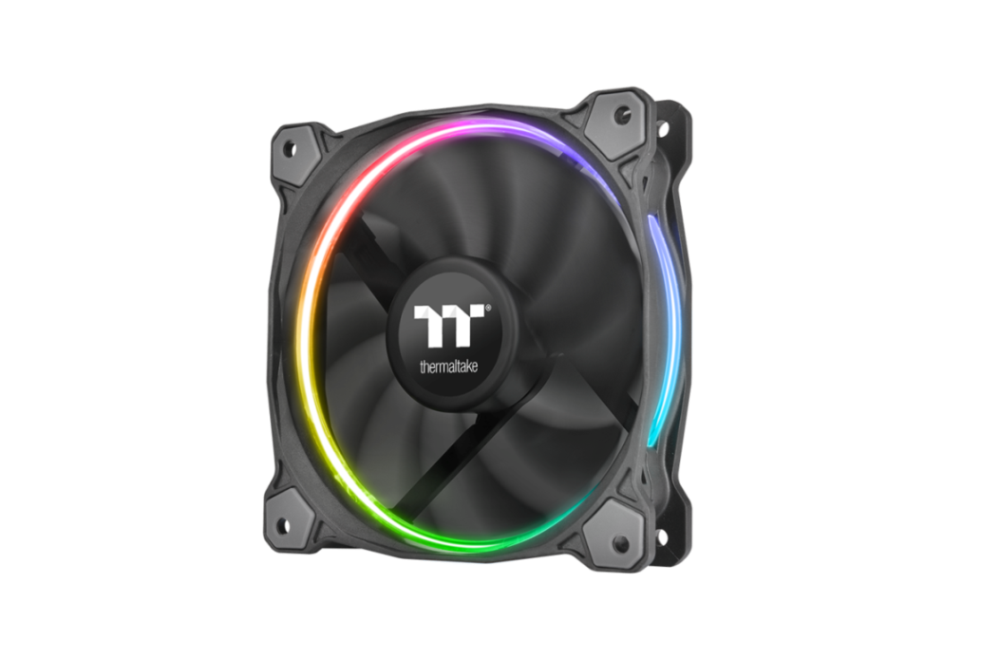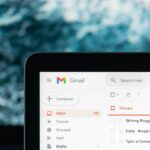Digital assets are digital resources, such as computer data. These items are valuable because they are essential to daily life in the modern world. They include documents, pictures, videos, and even software programs. The digital age has ushered in a new era of risk for personal data. You may think you have nothing to hide, but the truth is that your identity and what you do online are tied together with every click.
The more information you give out about yourself, the greater the chance it will be abused by hackers or sold on black markets. Nowadays, your digital footprint can even affect your ability to get a job. To help protect your personal data from being stolen or misused, here are some things that everyone should know about protecting their digital assets:
Protect Your Privacy
Always be aware of who is nearby when using your device or computer so you are not sharing information with others unintentionally. Be wary of what you share online because it can be viewed by anyone at any time. It is important to protect the privacy of yourself and those close to you so that information cannot be accessed by strangers.
Take steps to limit the amount of information shared online so that you are not revealing too much about yourself or others. Professionals from www.gasystems.com.au can help in ensuring your privacy is well protected. They could set up firewalls or install anti-phishing software. Again, be aware of who is around you when using your device or computer so that no one else has access to your personal information. Password-protect all of your devices and data, encrypt them if possible, and protect your privacy to keep strangers from knowing too much about you.
Keep Your Passwords Safe
Your passwords are the keys to your digital life. They can open up a world of personal information and financial resources. This is why it is so important to keep them safe. Many people used easy-to-guess passwords, such as ‘password’ or their birthday, for years before realizing that they needed something more complicated to rival hackers breaching security systems. Keeping a strong password means ensuring that it is never shared, easy to remember, and difficult to guess. To keep your passwords safe:
- Never use an important word or number as a password if it can be easily guessed by others.
- Use strong combinations of random letters, numbers, and symbols so no one can guess your password in a few tries.
- Create unique passwords for every account you have so one compromised password doesn’t give thieves access to all your information.
Establish File-level Protection
This simply means managing who is allowed access to files. Every time a person logs on, you can require that they have both an account and a password. It’s important to ensure the quality of your passwords, as some might be extremely easy for cybercriminals to guess. Password management software is used to create secure passwords, store them away from prying eyes, generate new ones on demand, and automatically enter them.
An important part of managing file access is understanding the permissions that people can have to files on your system, either by being logged in as themselves or by having access through an application they are using. Restricting software from accessing any area of the hard drive will protect vital information saved there, but it can also make some applications run more slowly. Protecting your digital assets is also about knowing when to take action and how much effort you should invest in an idea.
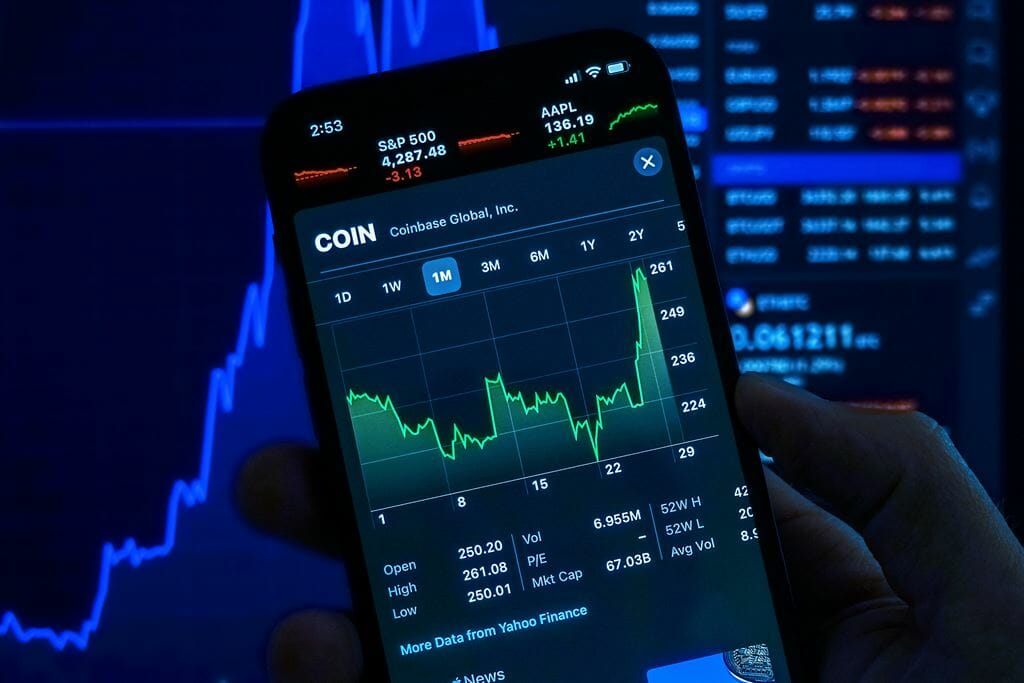
Limit Use of Social Media Accounts
Many people use social media as a means to connect and share with other people, but this could lead to personal information becoming available online. Hackers can pose as someone else and try to access your account or steal personal information from it. Limit the amount of time spent on social media sites because it takes up too much time and uses resources that could be used elsewhere.
If you use social media sites, consider using a unique password for each site and switch up the passwords often so they cannot be easily guessed by hackers. Use two-factor authentication whenever it is available to add an extra level of security to your account. It can look harmless, but social media sites can put you and your personal information at risk for hackers and theft.
It’s easy to think that your digital assets are untouchable because you’ve never shared your password, but it only takes one moment of carelessness for them to be gone. When it comes to digital assets, protecting them involves you taking more than just a few precautions. You need to be proactive and that’s why we covered some things you should know about protecting them. There are still other things to note and we encourage you to do some more research about them.

